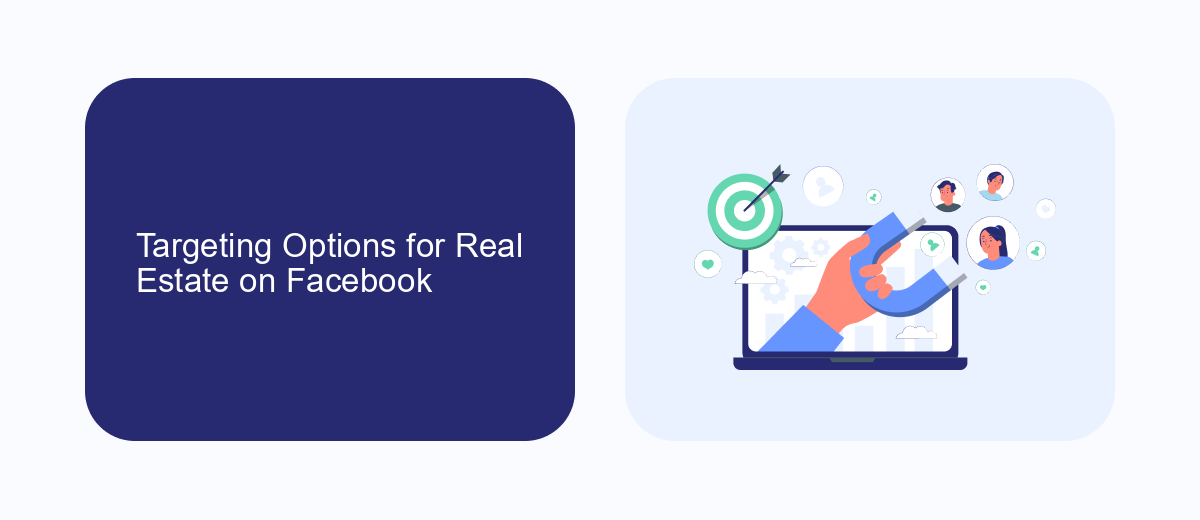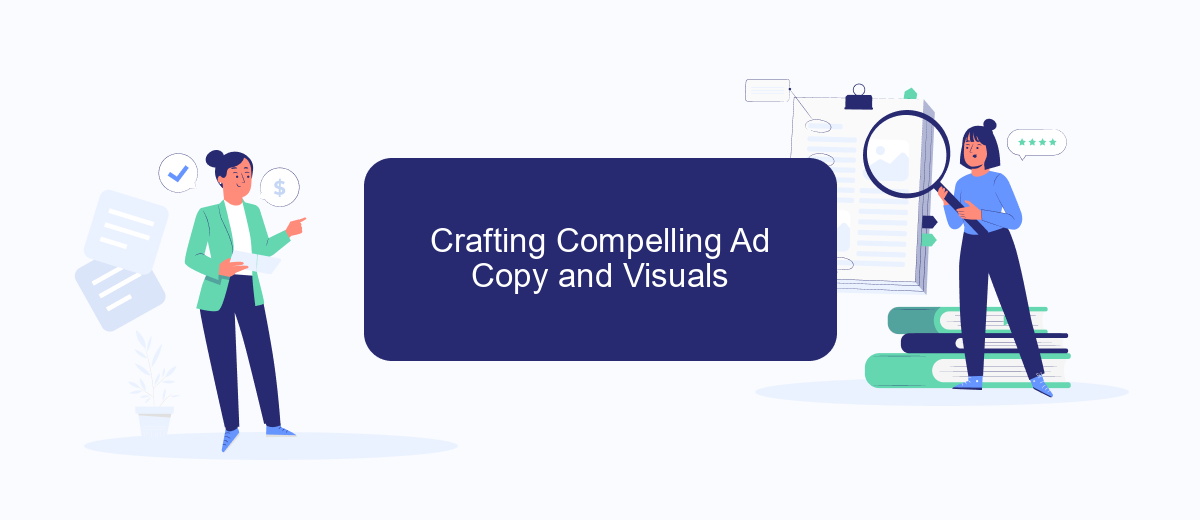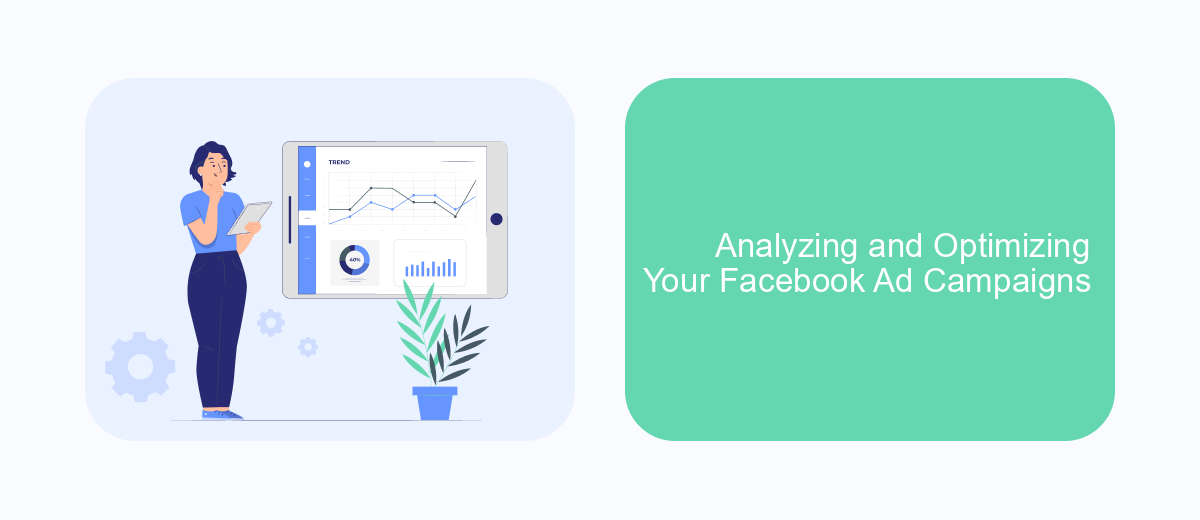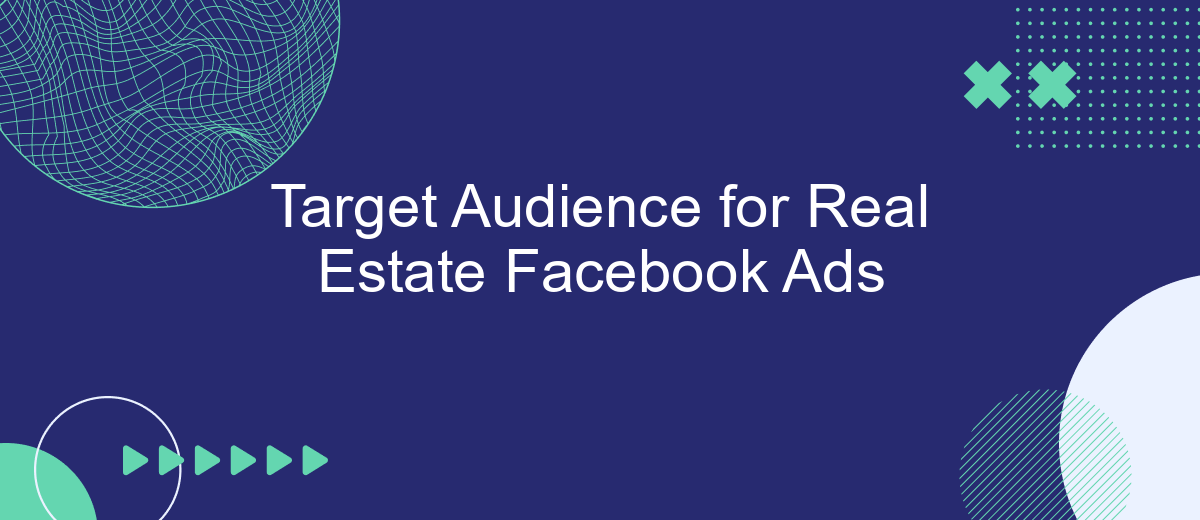When crafting effective Facebook ads for real estate, understanding your target audience is crucial. Identifying the right demographic not only enhances engagement but also maximizes conversion rates. Whether you're targeting first-time homebuyers, luxury property seekers, or investors, tailoring your message to resonate with their unique needs and preferences can significantly boost your campaign's success. This article explores strategies to pinpoint and engage your ideal real estate audience on Facebook.
Understanding Your Ideal Real Estate Client
Understanding your ideal real estate client is crucial for crafting effective Facebook ads. Knowing who your target audience is allows you to tailor your marketing strategies to meet their specific needs and preferences. Begin by analyzing the demographics of your potential clients, such as age, income level, and family status. This information will help you create content that resonates with them and addresses their unique concerns.
- Demographics: Identify the age, gender, and income level of your ideal clients.
- Location: Determine the geographical areas where your target audience is most likely to be looking for properties.
- Interests: Understand the hobbies and interests that align with your real estate offerings.
- Online Behavior: Analyze how your audience interacts online, including social media usage and preferred platforms.
By thoroughly understanding your ideal real estate client, you can create Facebook ads that speak directly to their desires and challenges. This targeted approach not only increases engagement but also enhances the likelihood of converting leads into satisfied clients. Tailoring your message to fit your audience's profile is key to standing out in the competitive real estate market.
Targeting Options for Real Estate on Facebook

Facebook offers a variety of targeting options for real estate advertisers to reach their ideal audience effectively. One of the primary methods is demographic targeting, which allows advertisers to filter users based on age, gender, income, and education level. This is particularly useful for real estate agents looking to reach potential buyers or renters within specific income brackets or life stages. Additionally, location-based targeting is crucial, enabling advertisers to focus on users in specific geographic areas, such as neighborhoods or cities where properties are available.
Interest and behavior-based targeting are also valuable tools for real estate marketing on Facebook. Advertisers can target users who have shown interest in real estate, home improvement, or related topics, ensuring that ads are seen by those more likely to engage. To streamline the process of capturing and managing leads, services like SaveMyLeads can be integrated to automatically collect and organize contact information from interested users, enhancing the efficiency of follow-up and conversion efforts. By leveraging these targeting options, real estate professionals can maximize the impact of their Facebook ads and connect with the most relevant audience.
Crafting Compelling Ad Copy and Visuals

Creating compelling ad copy and visuals for real estate Facebook ads is essential to capture the attention of your target audience and drive engagement. The key is to balance informative content with eye-catching design elements that resonate with potential buyers or renters. Start by understanding the unique selling points of your property and tailoring your message to highlight these features effectively.
- Know Your Audience: Identify the demographics, interests, and preferences of your target audience to tailor your ad copy and visuals accordingly.
- Craft a Strong Headline: Use a headline that grabs attention immediately, incorporating power words and emotional triggers to entice viewers.
- Use High-Quality Images: Select professional, high-resolution images that showcase the property’s best features and create a strong visual impact.
- Include a Clear Call-to-Action: Encourage your audience to take the next step, whether it’s scheduling a viewing, visiting your website, or contacting you for more information.
- Test and Optimize: Regularly test different versions of your ad copy and visuals to determine what resonates best with your audience and optimize for better results.
Incorporating these strategies will help you craft effective real estate ads that not only attract attention but also drive potential clients to take action. Remember, your ad should tell a story that connects with your audience on a personal level, making them envision their future in the property you’re showcasing.
Analyzing and Optimizing Your Facebook Ad Campaigns

To ensure the success of your real estate Facebook ad campaigns, it is crucial to regularly analyze and optimize them. Start by reviewing key performance metrics such as click-through rates (CTR), conversion rates, and cost per acquisition (CPA). These metrics will help you understand how well your ads are performing and where improvements can be made.
Next, consider conducting A/B tests to compare different ad elements like images, headlines, and calls to action. This will provide insights into what resonates best with your target audience. Additionally, pay attention to audience engagement and feedback, as these can offer valuable clues for optimization.
- Monitor ad frequency to avoid audience fatigue.
- Adjust targeting settings to refine your audience reach.
- Experiment with different ad formats to enhance engagement.
- Utilize Facebook's ad relevance diagnostics to improve ad quality.
By continuously analyzing and optimizing your campaigns, you can ensure that your ads remain effective and relevant to your target audience. This ongoing process will not only help in maximizing your return on investment but also in building a stronger connection with potential clients.
Staying Up-to-Date with Facebook's Best Practices
To ensure your real estate Facebook ads are effective, it's crucial to stay informed about the platform's best practices. Facebook frequently updates its algorithms and advertising guidelines, which can significantly impact ad performance. Regularly reviewing Facebook's Business Help Center and subscribing to industry newsletters can provide valuable insights into the latest trends and changes. Additionally, participating in webinars or online courses focused on Facebook advertising can enhance your understanding and help you adapt your strategies accordingly.
Integrating Facebook ads with other tools and services can streamline your marketing efforts and improve lead management. For instance, using services like SaveMyLeads allows you to automate the process of transferring leads from Facebook ads directly to your CRM or email marketing platforms. This integration ensures prompt follow-up and maximizes the potential of converting leads into clients. Staying updated with these technological advancements not only saves time but also enhances the efficiency of your advertising campaigns, ensuring you reach your target audience effectively.
FAQ
What is the ideal target audience for real estate Facebook ads?
How can I use Facebook's targeting options to reach my real estate audience?
What type of ad content works best for real estate audiences on Facebook?
How can I measure the effectiveness of my real estate Facebook ads?
How can I automate and optimize my real estate Facebook ad campaigns?
What do you do with the data you get from Facebook lead forms? Do you send them to the manager, add them to mailing services, transfer them to the CRM system, use them to implement feedback? Automate all of these processes with the SaveMyLeads online connector. Create integrations so that new Facebook leads are automatically transferred to instant messengers, mailing services, task managers and other tools. Save yourself and your company's employees from routine work.
